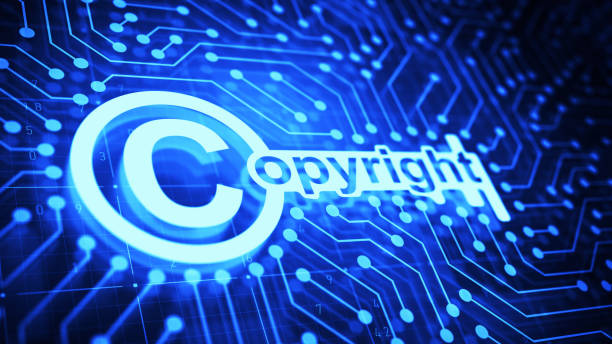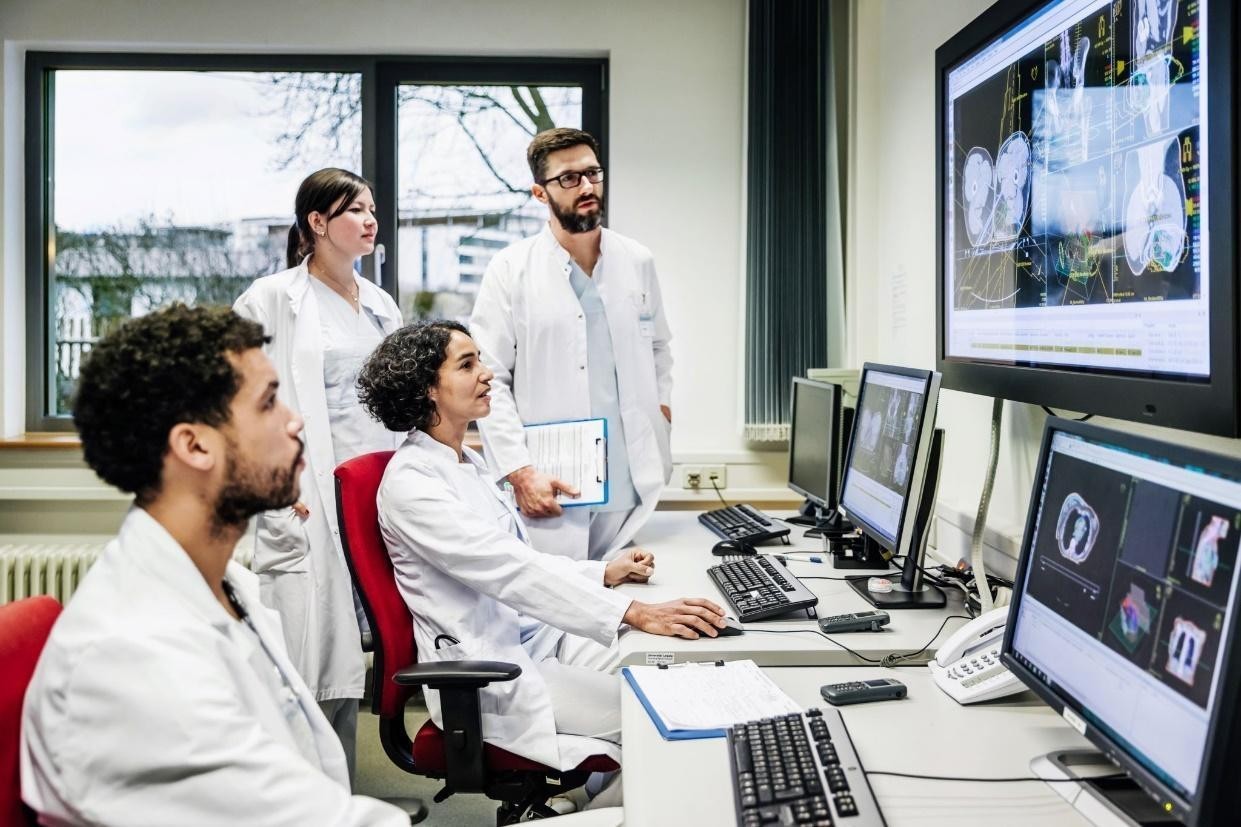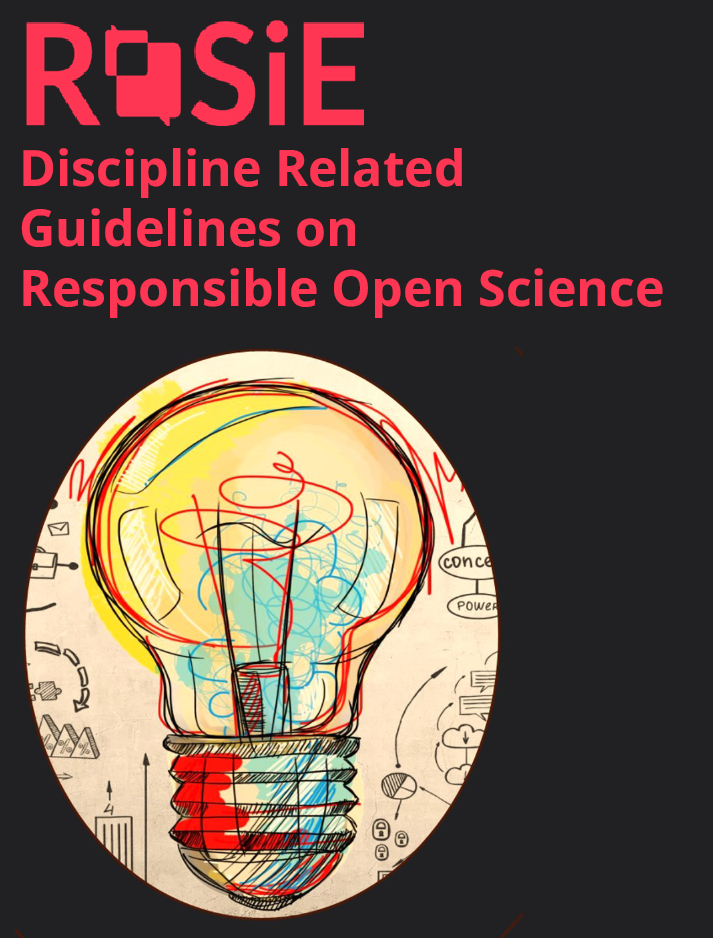Aim
To map, examine, evaluate, and provide a conceptual and normative framework on the research ethics/ research integrity dimension of open science.
Methodology

Objectives
- To map and examine the research ethics/research integrity, disciplinary, epistemic and citizen science dimensions of open science
- To investigate the potential tensions between applications of research ethics/research integrity standards and open science in scientific practice
- To provide a global (low and middle income countries) perspective on the European open science initiatives and policies, taking into account the context of existing global inequalities and benefit-sharing obligations
- To develop a typology and conceptual framework for the ethical and epistemological aspects of open science in various disciplines.
Mapping

Examining the challenges related to research ethics, to research integrity [...]

Discussion of the role of Blockchain technologies in developing open [...]

Preliminary analysis and mapping of existing European and national open [...]
Recommendations

Providing potential solutions for the challenges related to research ethics, [...]

Presenting the general recommendations formulated for the development of responsible [...]

Presentation and discussion of a use case of how selected [...]
Aim
To map, identify and analyze the potential for misconduct in various areas of open science practice and in different scientific disciplines, and to identify and analyze current ethical, social and legal approaches to responding to questionable practices.
Methodology

Objectives
- To map and examine the research integrity, disciplinary, epistemic and citizen science dimensions (including the
challenges, implications, opportunities) of open science - To investigate the potential tensions between applications of research integrity standards and open science in scientific
practice - To validate how open science objectives and principles could further foster research integrity principles, including that of the
European Code of Conduct - To provide a global (low and middle income countries) perspective on the European open science initiatives and policies, taking into account the context of existing global inequalities and benefit-sharing obligations
- To develop a typology and conceptual framework for the ethical and epistemological aspects of open science in various
disciplinary contexts
Mapping

Outlining the process of engaging stakeholders of Open Science: the [...]

Identifying the main current and forthcoming ethical, research integrity, social [...]

Challenges of research integrity and open science focusing on research [...]

Presenting the tensions, challenges, overlaps between research integrity, the wider [...]

Description of the normative framework of open science and it’s [...]

General views on open science based on interviews conducted with [...]

Identifying the main current and forthcoming ethical, research integrity, social [...]

How open science affects research ethics principles and ethics review [...]

Discussing the novelties and trivialities of open science

Discussion of a variety of challenges that open science faces [...]

New and old ethical challenges of open science concerning open [...]
Recommendations

Enhancing Ethical and Epistemic Decision-Making in Open Science: A Method [...]

Suggested recommendations for addressing the ethical and recearch integrity challenges [...]

List of recommendations for addressing the epistemic challenges and enhancement [...]

Providing potential solutions for the challenges related to research ethics, [...]

How open science (OS) affects principles and good practices outlined [...]

Suggested recommendations for addressing the ethical and recearch integrity challenges [...]
Aim
To map, analyze and address legal implications and challenges related to open science in thecontext of research ethics/research integrity.
Methodology

Objectives
- To map legal implications and challenges related to open science by analyzing the publicly available results from relevant EU funded research projects and the scientific literature
- To analyze the identified legal challenges in the context of different scientific disciplines
- To identify the necessary elements for addressing legal challenges in order to maximize the benefits of open science and to support the integration of responsible research and innovation as structural component of open science
Μapping

Challenges in Data Protection and Transfer: Navigating GDPR Compliance, Identifiability [...]

Identifying the main current and forthcoming ethical, research integrity, social [...]

New and old ethical challenges of open science concerning open [...]
Recommendations

Description of recommendations for ensuring GDPR Compliance, ethical Use, and [...]

Recommendations for addressing social issues by analysing social and legal [...]

Recommendations for processing data about human by analysing social and [...]

Recommendations for addressing Intellectual Property Rights by analysing social and [...]
Aim
To create a detailed strategic policy assessment for promoting responsible open science and provide an operational guideline for relevant stakeholders.
Methodology

Objectives
- To provide an overview of existing responsible open science public policies and strategies within Europe
- To map and address the main challenges for responsible open science within a discipline-sensitive perspective
- To construct specific, discipline-related guidelines by consulting with the open science and research ethics/research integrity
experts
Mapping

Concentrated information for Country-by-Country presentation of the ongoing status, progress [...]

Challenges in Data Protection and Transfer: Navigating GDPR Compliance, Identifiability [...]

Αnalysis of the responsible open science public policies across different [...]

Presentation and analysis of the current responsible open science (OS) [...]

Mapping and review of the current state of the involvement [...]
Recommendations

Description of Strategies for Cultivating Open Science: Overcoming Barriers, Fostering [...]

Harmonizing Intellectual Property Rights for Responsible Open Science: Balancing Flexibility, [...]

Description of recommendations for ensuring GDPR Compliance, ethical Use, and [...]

Suggested recommendations for addressing the ethical and recearch integrity challenges [...]

List of recommendations for addressing the epistemic challenges and enhancement [...]

Summary of important issues that could be addressed through policy [...]
* For Blended learning options, please use the ROSiE online training course .
Aim
The training materials have been specifically designed to equip students, researchers, and citizen scientists with the necessary skills to engage in Responsible Open Science practices.
Developed for a comprehensive 2-day training program, these materials prioritize the critical aspects of Research Ethics and Research Integrity within the realm of open science.
The effectiveness of the training materials has been validated through rigorous testing in diverse institutional and educational settings, such as universities, research centers, and civil society organizations, all with a shared focus on Open Science.
To ensure optimal learning outcomes, the ROSiE training materials employ a range of proven and impactful learning and teaching strategies. These strategies, carefully chosen by the authors for their effectiveness and utility, include collaborative problem-solving, case-based activities, dialogical activities, and transformative learning.
Topics Included
- Ethical and societal foundations of open science, its purpose
- The quality of the research outputs and data sets
- Protection of research participants’ rights in open science
- Prevention of research malpractices in the context of open science
- Responsible sharing and use of open data
- Responsible dissemination/publication practices
- Protection of intellectual property in the context of open science
- Ethical aspects of citizen science in the context of open science
Methodology

Disciplines
Το utilize the training material, choose a discipline from the Training Tab and then read the "Instructions" for Trainers.
Health and Life sciences
For trainers
For trainees

Double-entry reading journal

Cases study: I. Open data in genome research, II. Publication of clinical case in open access journal

Open sharing of sensitive qualitative data

Case study: Open access biodiversity data

Group work: Development of an ethically sound citizen science project

Case study: Recognizing citizen scientists in scientific publications

Recognizing citizen scientists in scientific publications

Case study: Accessing pirated papers for research

Accessing pirated papers for research

Case study: Conflict of interests

Conflict of interests

Readings and mind map: Quality of data in citizen science

Case study: Data quality in citizen science

Brainstorming and discussion: Sharing your research data | Using open data created by other researchers

Cases study: I.Refusal to share neuroscience data, II.Should scientists share the data in climate science?, III.Refusal to share raw data

Should scientists share data in climate science?

Case study: Data sharing and reanalysis in medicine

Group work and plenary activity

Case study: Inequities and potential of exploitation in open science

Case study: Predatory publishing – the dark side of open science?

Case study: Open post-publication peer review

Case study: Trade-offs in publishing preprints

This is a case collection for the ROSiE Training Materials for Responsible Open Science.
Το utilize the training material, choose a discipline from the Training Tab and then read the "Instructions" for Trainers.
Humanities
For trainers
For trainees

Double-entry reading journal

Cases study: I. Open sharing of sensitive qualitative data, II. Open sharing and reuse of sensitive data from online sources, III. Open sharing of sensitive qualitative data in social sciences

Open sharing of sensitive qualitative data

Case study: Open data and risk of looting in archaeology

Group work: Development of an ethically sound citizen science project

Case study: Recognizing citizen scientists in scientific publications

Recognizing citizen scientists in scientific publications

Case study: Collaborative authorship in digital humanities

Case study: Accessing pirated papers for research

Accessing pirated papers for research

Readings and mind map: Quality of data in citizen science

Case study: Data quality in citizen social science

Brainstorming and discussion: Sharing your research data | Using open data created by other researchers

Case study: I. Refusal to share raw data, II. Using sensitive social media data for open science

Group work and plenary activity

Case study: Inequities and potential of exploitation in open science

Case study: Predatory publishing – the dark side of open science?

Case study: Open post-publication peer review

This is a case collection for the ROSiE Training Materials for Responsible Open Science.
Το utilize the training material, choose a discipline from the Training Tab and then read the "Instructions" for Trainers.
Natural Sciences
For trainers
For trainees

Double-entry reading journal

Cases study: I. Open access biodiversity , II. Data privacy in water sciences, III. Open geospatial data in agriculture research

Group work: Development of an ethically sound of citizen science

Case study: Recognizing citizen scientists in scientific publications

Recognizing citizen scientists in scientific publications

Case study: Accessing pirated papers for research

Accessing pirated papers for research

Case study: Retraction due to noncompliance with journals's data policy

Data availability

Case study: Conflict of interests

Conflict of interests

Readings and mind map: Quality of data in citizen science

Case study: Data quality in citizen science

Brainstorming and discussion: Sharing your research data | Using open data created by other researchers

Cases study: I. Should scientists share the data in climate science?, II. Refusal to share neuroscience data, III. Refusal to share raw data

Should scientists share data in climate science?

Group work and plenary activity

Case study: Inequities and potential of exploitation in open science

Case study: Predatory publishing practices-the dark side of open science?

Cases study: Open post-publication peer review

This is a case collection for the ROSiE Training Materials for Responsible Open Science.
Το utilize the training material, choose a discipline from the Training Tab and then read the "Instructions" for Trainers.
Social Sciences
For trainers
For trainees

Double - entry reading journal

Cases study: I. Using social media data in the context of open science, II.Open sharing and reuse of sensitive data from online sources, III.Open sharing of sensitive qualitative data in [...]

Open sharing of sensitive qualitative data

Group work: Development of an ethically sound citizen science project

Case study: Recognizing citizen scientists in scientific publications

Recognizing citizen scientists in scientific publications

Case study: Accessing pirated papers for research

Accessing pirated papers for research

Case study: Conflict of interests

Conflict of interests

Readings and mind map: Quality of data in citizen science

Case study: Data quality in citizen science

Brainstorming and discussion: Sharing your research data | Using open data created by other researchers

Cases study: I. Refusal to share raw data, II. Should scientists share the data in climate science?, III. Using sensitive social media data for open science

Should scientists share the data in climate science?

Group work and plenary activity

Case study: Inequities and potential of exploitation in open science

Case study: Predatory publishing - the dark side of open science?

Case study: Open post-publication peer review

This is a case collection for the ROSiE Training Materials for Responsible Open Science.
Το utilize the training material, choose a discipline from the Training Tab and then read the "Instructions" for Trainers.
Citizen Science
For trainers
For trainees

Double-entry reading journal

Cases study: I. Citizen science and privacy of data, II. Sharing of sensitive qualitative data

Open sharing of sensitive qualitative data

Case study: Recognizing citizen scientists in scientific publications

Recognizing citizen scientists in scientific publications

Cases study: I. Data quality in citizen science: climate research, II. Data quality in citizen social science

Case study: Conflict of interest in citizen science

Conflict of interests

Case study: Open access biodiversity data

This is a case collection for the ROSiE Training Materials for Responsible Open Science.


Aim
To map, analyze and address social implications and challenges related to open science in the context of research ethics/research integrity.
Methodology
Objectives
innovation as structural component of open science
Mapping
Outlining the process of engaging stakeholders of Open Science: the [...]
Attitudes, Challenges, and Inequalities in Research Practices
Identifying the main current and forthcoming ethical, research integrity, social [...]
Discussion of a variety of challenges that open science faces [...]
Recommendations
Description of Strategies for Cultivating Open Science: Overcoming Barriers, Fostering [...]
Recommendations for addressing social issues by analysing social and legal [...]
Researchers elaborating guidelines for the participation of citizens in citizen [...]
Summary of important issues that could be addressed through policy [...]